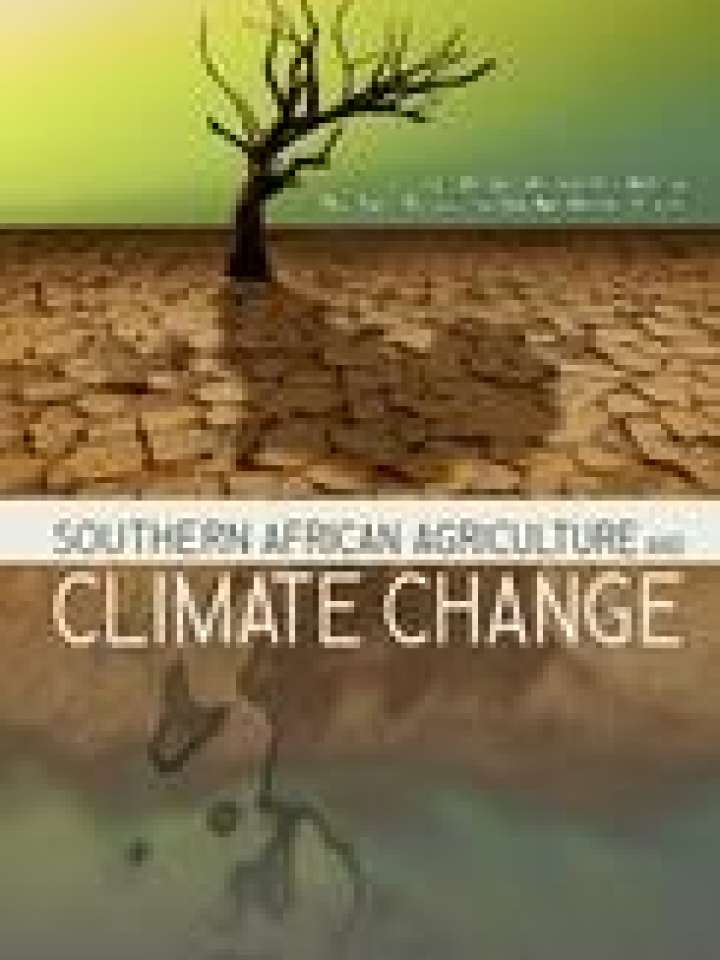Southern African agriculture and climate change: a comprehensive analysis
This study analyzes the range of plausible impacts of climate change by the year 2050, focusing almost entirely on crops. It builds on previous research that focused on regional and global effects of climate change. The first chapter provides a regional overview for southern Africa. Eight chapters look at the effects of climate change on eight countries in southern Africa: Botswana, Lesotho, Malawi, Mozambique, South Africa, Swaziland, Zambia, and Zimbabwe. It is intended to provide policymakers and others concerned with climate change, agriculture, and food policy with guidance on the range of the impacts of climate change and some information as to how climate change might affect various regions differently. It also provides some suggestions for policies that could most help each country prepare for the future impacts of climate change.
It provides the most comprehensive analysis to date of the scope of climate change as it relates to food security in southern Africa, including who will be most affected and what policymakers can do to facilitate adaptation. Augmenting the text are dozens of detailed maps that provide graphical representations of the range of food security challenges and the special threats from climate change. Using a comprehensive integrated empirical analysis, it generates information to better guide national development agendas on climate change and have suggested that policymakers should (i) incorporate climate change adaptation strategies in short- and long-term national development planning ; (ii) develop national capacity in the skills and tools needed for technical assessments, planning, and policy development in the context of climate change; (iii) promote sustainable agriculture initiatives that target vulnerable communities; and (iv) enhance investments in relevant economic sectors, in particular the agricultural sector.
Explore further
